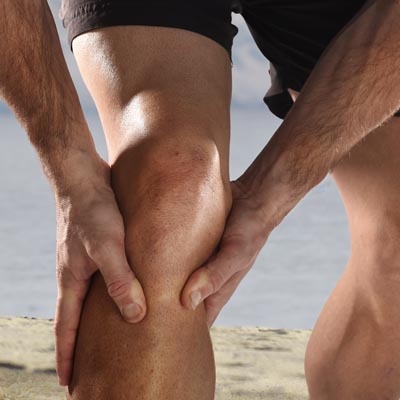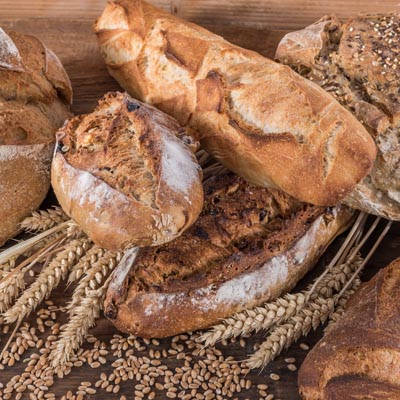Quick Studies: a snapshot of the latest research

Low Risk Despite Diabetes

Type 2 diabetes need not mean a higher risk of a heart attack or stroke.
Swedish researchers compared five risk factors for heart attack or stroke in 271,000 people with diabetes and 1,356,000 without the disease:
■ blood sugar: hemoglobin A1c of at least 7 percent,
■ LDL (“bad”) cholesterol: 100 or more,
■ blood pressure: at least 140 systolic or 80 diastolic,
■ albumin in the urine (a marker of kidney disease), and
■ whether the person smokes.
During the 5½-year study, people who had diabetes but none of those risk factors were no more likely to die or have a heart attack or stroke than those without diabetes. However, they still had a 45 percent higher risk of heart failure. Smoking had the most impact on the risk of dying. High blood sugar had the most impact on the risk of heart attacks and strokes.
What to do: Get rid of your risk factors with diet or, if necessary, drugs.
N. Engl. J. Med. 379: 633, 2018.
Vitamin D & New Knees

Can a high dose of vitamin D help people recover from knee replacement surgery?
Researchers randomly assigned 273 people who just had a knee replacement because of osteoarthritis to take a daily high dose (2,000 IU) or typical dose (800 IU) of vitamin D (plus 500 milligrams of calcium). After two years, there was no difference in falls, pain, or knee function between the groups.
What to do: New knee? Stick with the recommended 800 IU of D a day.
RMD Open 2018. doi:10.1136/rmdopen-2018-000678.
White Bread & Cholesterol

People who eat more refined grains have a higher risk of heart disease in some studies. Could white bread, rice, and pasta raise LDL (“bad”) cholesterol?
Researchers fed 11 older adults diets that were high in refined grains, whole grains, or added sugars for 4½ weeks each.
LDL cholesterol levels were 10 percent higher after the volunteers ate the refined-grain diet than after they ate the whole-grain diet. LDL was slightly, but not significantly, higher after they ate the diet rich in added sugars than after they ate the whole-grain diet.
What to do: It’s too early to know whether larger studies will confirm these results. But they’re one more reason to replace refined grains with whole grains. And cut back on added sugars. Other studies suggest that they raise the risk of heart disease, type 2 diabetes, and weight gain.
J. Clin. Endocrinol. Metab. 2018. doi:10.1210/jc.2018-00667.
Move & Lose?

Exercise plus weight loss may make your insulin more effective.
Scientists randomly assigned 163 sedentary overweight or obese people to do aerobic exercise at high or moderate intensity. (They used a treadmill, StairMaster, elliptical trainer, or stationary bike.) The people weren’t told to change their diets.
After eight months, insulin sensitivity improved more in those who lost at least 3 percent of their starting weight than in those who lost less. Nearly one out of four participants lost at least that much weight.
Insulin sensitivity improved the most in the group that did moderate- intensity exercise: the equivalent of walking about 12 miles a week at a brisk pace.
What to do: Get moving.
PLoS One 2018. doi:10.1371/journal.pone.0196637.
Photos (top to bottom): stock.adobe.com: Monkey Business, Wordley Calvo Stock, thodonal, Halfpoint.

